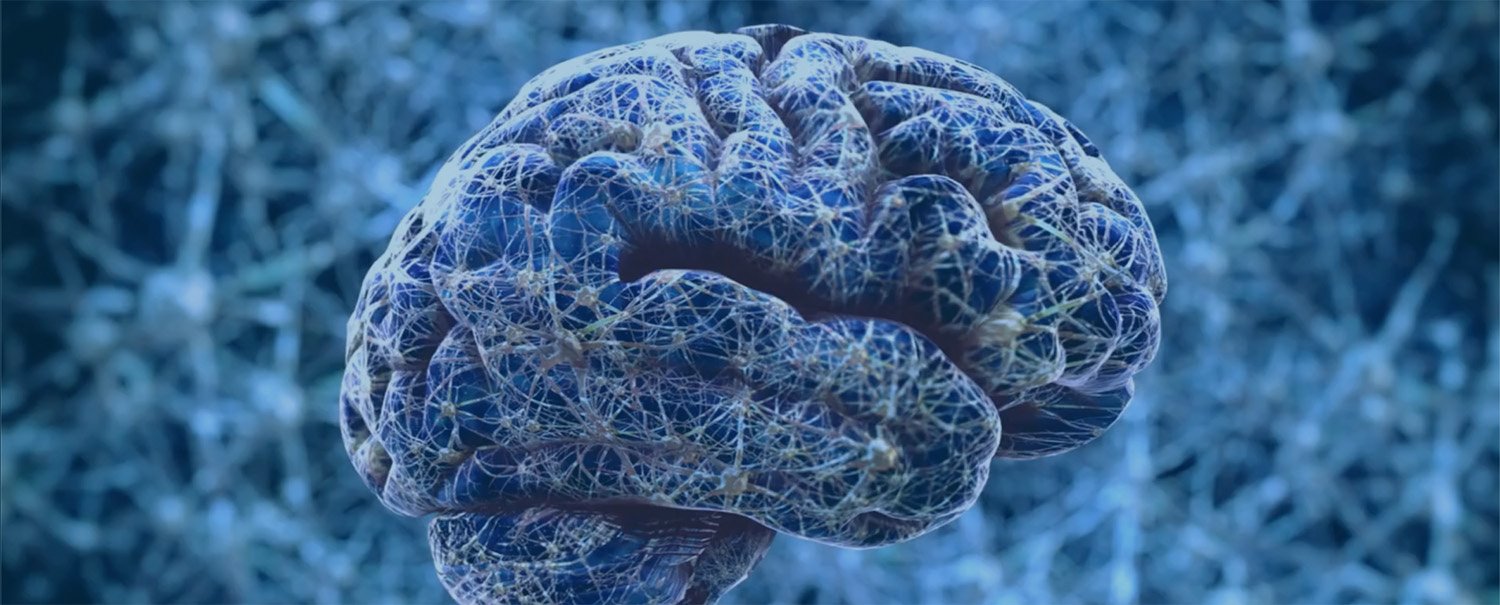
Publications
White Paper: Consensus on Concussion in Sport 2022
The Repercussion Group’s white paper addresses our concern that the International Consensus Statement on Concussion in Sport has been sport-first, not patient-first, and fraught with a lack of transparency and conflicts of interest. The result is that the detrimental effects of repeated head impacts–and the concussions and subconcussions that occur in contact and collision sports–have been continuously downplayed since the first Statement’s publication in 2001. The Consensus in Sport Group (CISG) has continued this position despite the mounting evidence that persistent post-concussion symptoms and neurodegenerative diseases are causally linked to these head impacts and their associated traumatic brain injuries. We have submitted our white paper to the 6th International Consensus Group, which will meet in Amsterdam in October 2022.
Toward Complete, Candid, and Unbiased International Consensus Statements on Concussion in Sport
This paper, published by Cambridge University Press, was not an official publication by the Repercussion Group, but these members of the Repercussion Group were co-authors: Stephen Casper, Judith Gates, Karen Hind, Elizabeth Sandel, and Sally Tucker.
”A paper authored by a group of ‘researchers, clinicians, humanists, advocates, and caregivers’… received international attention for calling for a paradigm shift in the authorship process of the upcoming 6th International Consensus Statement on Concussion in Sport. The authors advocate for a ‘public health and patient-centered approach’ that they…believe has not been sufficiently present in the creation of the previous five statements. The article was published in the Journal of Law, Medicine, & Ethics.
The article argues that the consensus-building process has been exclusionary and dominated by individuals with close ties to sports organizations. For these and other reasons, the resulting statements “have promoted sports-friendly viewpoints that could be construed to pronounce concussions and repeated subconcussive impacts more benign, recoverable, transient, and reversible injuries than we consider reasonable.”
The authors argue for the addition of voices and perspectives, both professional and patient/caregiver, to the consensus statement process, both in creating the statement itself and in a proposed rigorous peer review process following its completion. They also argue for additional vetting and transparency around potential conflicts of interest in the guideline-creators, along with the publication of non-anonymous votes of agreement/disagreement for each section and subsection of the statement.”
~ The Concussion Update newsletter, edition 10/28/21, published by Concussion Alliance.


